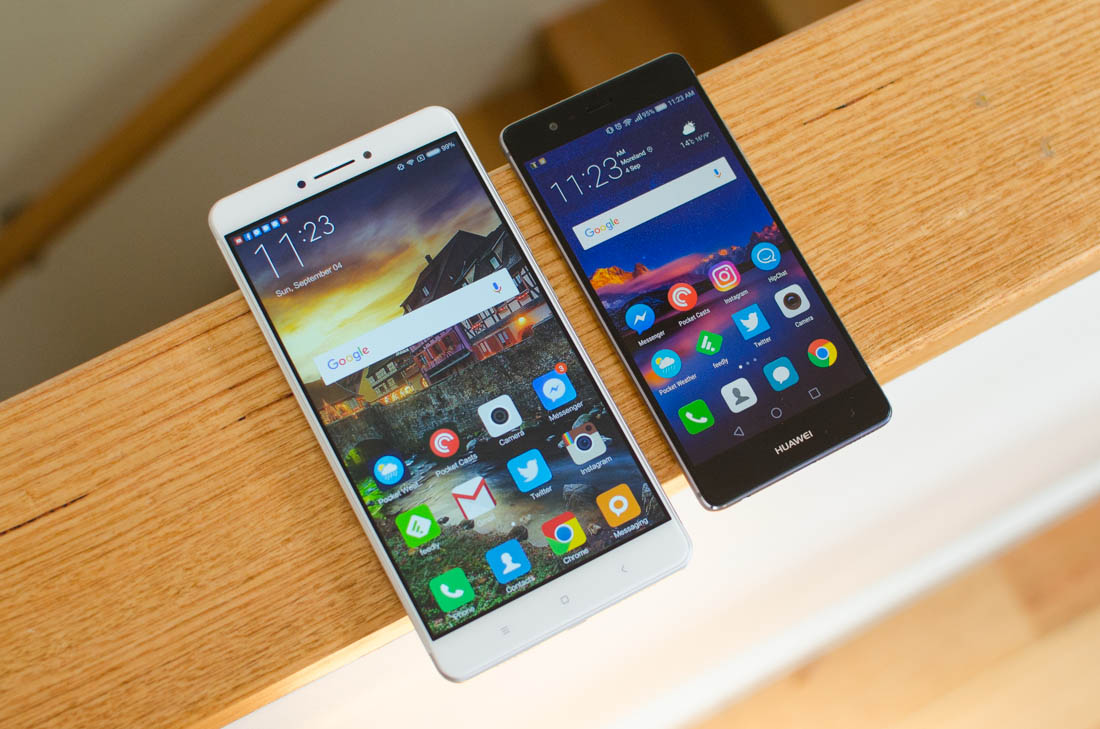Android and iOS in the fourth quarter of 2016 accounted for 99.6 percent of all smartphone sales according to a new report from market research firm Gartner.
For the quarter, Gartner reports that a total of 432 million smartphones were sold to end users, a seven percent increase year-over-year.
| Vendor | 4Q16Units | 4Q16 Market Share (%) | 4Q15 Units |
4Q15 Market Share (%) |
| Apple | 77,038.9 | 17.9 | 71,525.9 | 17.7 |
| Samsung | 76,782.6 | 17.8 | 83,437.7 | 20.7 |
| Huawei | 40,803.7 | 9.5 | 32,116.5 | 8.0 |
| Oppo | 26,704.7 | 6.2 | 12,961.5 | 3.2 |
| BBK | 24,288.2 | 5.6 | 11,359.4 | 2.8 |
| Others | 185,921.1 | 43.1 | 191,708.4 | 47.6 |
| Total | 431,539.3 | 100.0 | 403,109.4 | 100.0 |
Apple narrowly edged out Samsung to regain the top global vendor ranking for the quarter, pulling ahead by just over a quarter million units. The last time Apple held the lead, Gartner said, was in the fourth quarter of 2014 when sales were driven by the new, larger-screen iPhone 6 and iPhone 6 Plus.
This time around, strong sales of the iPhone 7 and iPhone 7 Plus played a part, as did Samsung's stumble with the Galaxy Note 7. With the Galaxy S8 looming and Apple's next batch of iPhones not expected until September or so, we'll likely see Samsung reclaim the crown in the near future.
Looking at the full year picture, Samsung shipped 306.4 million smartphones compared to just 216.1 million iPhones and 132.8 million handsets from Huawei.
| Operating System |
4Q16 Units |
4Q16 Market Share (%) |
4Q15 Units |
4Q15 Market Share (%) |
| Android | 352,669.9 | 81.7 | 325,394.4 | 80.7 |
| iOS | 77,038.9 | 17.9 | 71,525.9 | 17.7 |
| Windows | 1,092.2 | 0.3 | 4,395.0 | 1.1 |
| BlackBerry | 207.9 | 0.0 | 906.9 | 0.2 |
| Other OS | 530.4 | 0.1 | 887.3 | 0.2 |
| Total | 431,539.3 | 100.0 | 403,109.4 | 100.0 |
In terms of operating system adoption, 81.7 percent of devices sold shipped running Android versus just 17.9 percent powered by iOS. BlackBerry barely managed to eclipse the 200,000 units sold mark, representing a market share of just 0.0481 percent (BlackBerry devices that run Android aren't included in this metric).
In fact, Android was the only operating system to grow market share year-on-year.
